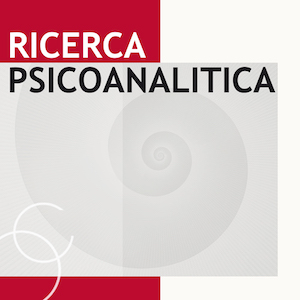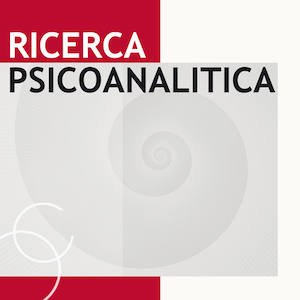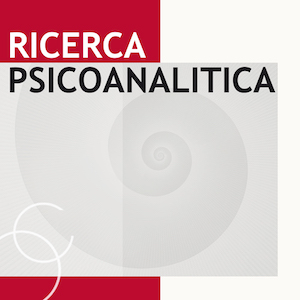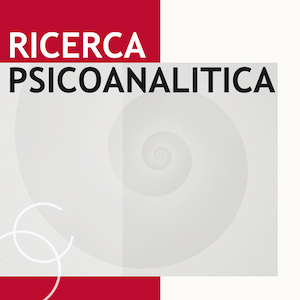COVID-19: role of resilience on the psychological impact of lockdown in liver transplant transitional candidates and recipients
All claims expressed in this article are solely those of the authors and do not necessarily represent those of their affiliated organizations, or those of the publisher, the editors and the reviewers. Any product that may be evaluated in this article or claim that may be made by its manufacturer is not guaranteed or endorsed by the publisher.
Accepted: 8 April 2022
Authors
The coronavirus disease 2019 (COVID-19) pandemic and the necessary spreading control measures implemented by the governments have induced drastic changes in daily life. The reduction in mobility and strict social contact limitations are posing a great challenge, particularly for the adolescents. The purpose of this study is to investigate the psychological and emotional impact of lockdown and their relationship with resilience, on adolescents and young adults listed for liver transplant or liver trans-plant recipient. Social and demographic variables of subjects (n=66) were collected and the analyses were based on the Depression Anxiety and Stress Scales (DASS-21), and Connor-Davidson Resilience Scale (CD-RISC 25), exploring the following areas: emotional states of depression, anxiety and stress; and resilience factors. A correlation between the measured degrees of depression/anxiety and resilience was evaluated by Pearson’s correlation coefficient and linear regression models. The results showed a significant correlation between subscales: DASS depression/anxiety (r2=0.62) depression/stress (r2=0.65) CD-RISC commitment/optimism (r2=0.71). The total score of DAAS depression/anxiety/stress scales significantly diminished at the increasing of CD-RISC total score. The inverse correlation between CD-RISC and DAAS seems to refer to the subscale of the relationship between DAAS depression and CDRISC (β= –0.33, P=0.006). Our findings suggest that resilience can be a protective factor for adolescent liver transplant recipients and liver transplant candidates in mitigating the onset of negative psychological symptoms correlated with the pandemic.
How to Cite

This work is licensed under a Creative Commons Attribution-NonCommercial 4.0 International License.
PAGEPress has chosen to apply the Creative Commons Attribution NonCommercial 4.0 International License (CC BY-NC 4.0) to all manuscripts to be published.










